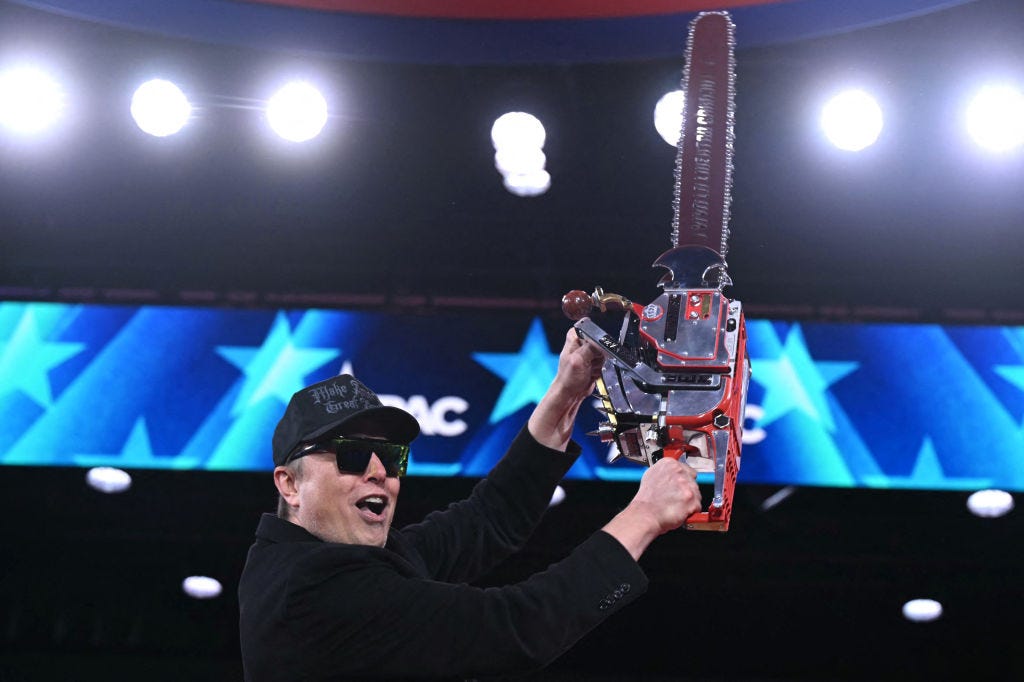ESSAY: Let them eat Ozempic
America gets its first trillionaire as people starve, while Trump hawks meds to suppress appetite. And as affordability becomes the new bipartisan goal, does that secretly play into oligarchs' hands?
This week, Elon Musk won a pay package that puts him on track to be the world’s first trillionaire, and the only reason that may not happen is someone else becoming one first. It was the same week that The New York Times sent a team to West Virginia to ask after the effects of Musk’s ex President Trump’s food-stamp cuts. It featured the story of a woman…




